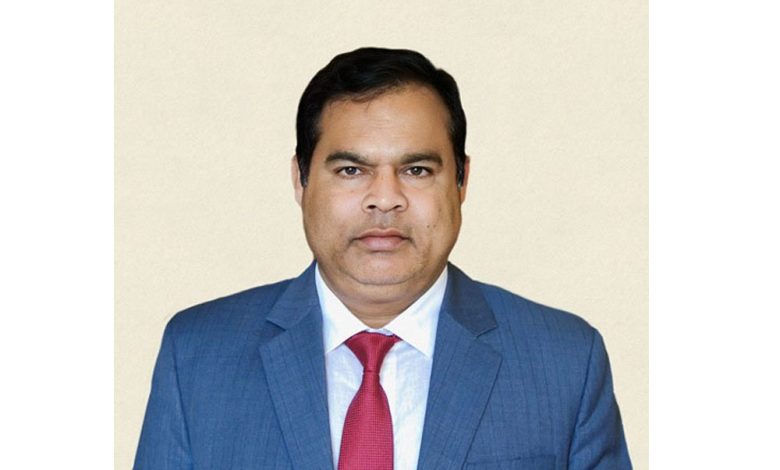Microfinance pioneer calls for digital revolution to combat debt crisis in Bangladesh


Holiday Post Report: Nazim Uddin declares that Bangladesh’s microfinance sector stands at a crossroads where innovation must triumph over traditional lending practices to prevent widespread borrower collapse. The founder and executive director of Shataphool Bangladesh warns that over-indebtedness threatens to destroy the achievements microfinance has made in poverty reduction and women’s empowerment since he established his organization in 2000.
Uddin identifies multiple loans from different institutions as the primary driver creating debt traps for vulnerable borrowers. He explains that high interest rates charged by some microfinance organizations worsen the problem while sustainability issues plague microcredit programs as repayment rates fluctuate unpredictably. The Rajshahi University management graduate emphasizes that dependency on external funding remains a persistent challenge for many institutions across the sector.
The microfinance leader acknowledges that government policy through the Microcredit Regulatory Authority provides essential oversight to ensure compliance with financial regulations. He notes that government-imposed interest rate caps protect borrowers from excessive charges but simultaneously limit profitability for microfinance institutions, affecting their ability to expand services to underserved populations.
Uddin praises recent regulations supporting digital financial services that enable microfinance institutions to adopt mobile banking and digital payment solutions. He argues that these technological advances enhance efficiency and accessibility for borrowers while creating opportunities to reach rural areas more effectively. The executive director stresses that strict compliance requirements and operational costs pose significant challenges for smaller institutions struggling with sustainability due to limited funding and high operational expenses.
The microfinance pioneer envisions transforming the sector by combining new technologies with innovation in social and economic programs. He explains that Bangladesh’s increased per capita income creates opportunities to integrate modern approaches with traditional microfinance services. Uddin advocates for client-centric financial products tailored to agriculture, small businesses, and green energy initiatives alongside micro insurance and savings programs for enhanced security.
He details his organization’s lending practices emphasizing needs assessment and potential evaluation before providing appropriate loans based on holistic analysis. Uddin maintains direct networks and contact with borrowers to monitor changing economic conditions and literacy rates while conducting independent research to ensure transparent loan terms and ethical collection practices.
The sector leader positions microfinance as crucial for achieving Bangladesh’s Sustainable Development Goals by 2041, particularly in poverty reduction, financial inclusion, gender equality, and economic growth. He identifies strengthening financial inclusion, empowering women, supporting agricultural and rural development, encouraging green and sustainable businesses, enhancing digital financial services, improving access to education and healthcare, and strengthening partnerships as key areas where microfinance can contribute significantly.
Uddin emphasizes that ensuring long-term sustainability requires combining innovation with responsible financial practices and policy support. He advocates special focus on women, small-scale entrepreneurs, and marginalized groups to maximize impact while leveraging mobile banking and digital payment solutions to enhance efficiency and accessibility.
The executive director calls for eco-friendly plans and climate-friendly platforms to guide future microfinance initiatives. He insists that financial practices and related policy supports must be modified when necessary to address evolving challenges in the sector.
Uddin concludes that microfinance leaders face a rapidly evolving financial and social landscape requiring adaptability and strategic vision. He demands stronger risk management practices, digital transformation embrace, ethical and responsible lending prioritization, sustainable and green microfinance initiative expansion, partnership strengthening, policy advocacy, and enhanced social impact focus for community development success.





